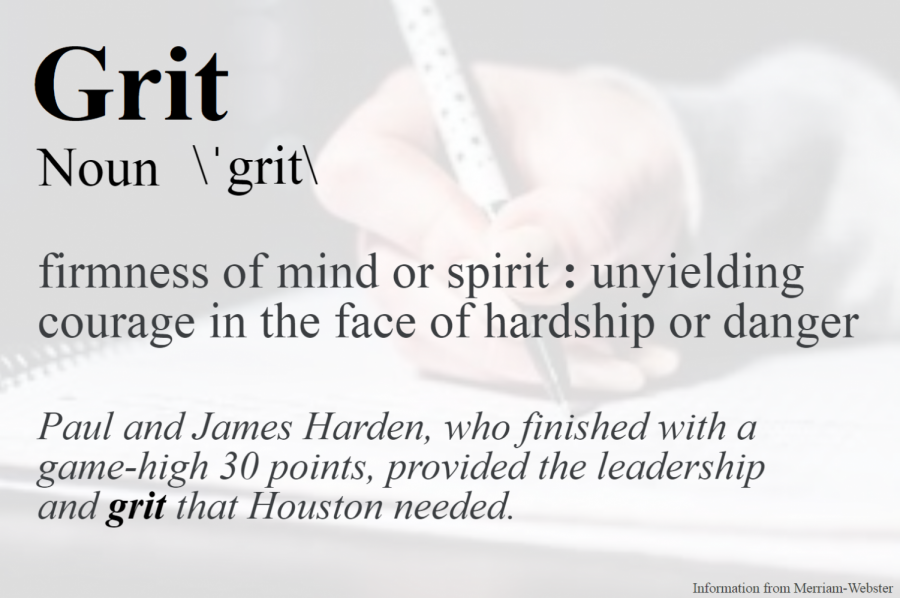Passion and grit trump talent
June 14, 2018
We all know that feeling: you study hours for a test, reviewing notes and watching Khan Academy videos. Your friend hangs out with classmates and goes to sleep early. Then they get a higher grade.
While that feeling of invalidation may rest uncomfortably in your stomach, know that your work ethic is extremely valuable. Although our society places high value on natural talent, hard work and passion lead to greater long-term success.
Most people believe that natural skill is necessary to be successful. Employers, coaches or any powerful figure will subconsciously value natural talent over work ethic in a job interview, a 2015 University College London study found.
However, talent doesn’t always result it success. In a 2002 University of Pennsylvania study of 139 undergraduate students, those who demonstrated a stronger work ethic on a questionnaires outperformed their higher IQ peers on the SAT and had overall higher GPAs.
Similarly, Psychologist Angela Duckworth’s 2005 study of 175 National Spelling Bee participants concluded that grit was more closely related to success in the competition than was IQ. Duckworth also used her “grit-scale” to successfully predict which West Point cadets would drop out and which would complete their training.
I’ve seen the phenomena of raw talent being valued over hard work on a personal level. Whenever tests are passed back in school, someone almost always manages to pass with flying colors while claiming not to have studied at all. Others will remark at how impressive or smart that person is and wish that they could have that student’s natural talent.
But nothing sustainable comes without work. The students who don’t study for quizzes often put the work in other ways: completing all the homework and paying attention in class. It isn’t talent that helps them pass their tests, it’s the work they put in throughout the unit that enables them to skip studying the night before.
Having a strong work ethic and grit has helped me become a better student. Even with the privilege of a tutor and being in an on-level class, I was still doing poorly on math tests this year. Not in a “Whitman” way either — I was truly failing quizzes.
But I didn’t let what I perceived as a lack of natural talent in math stop me from trying to improve. Extra practice and review sheets, countless checks on my calculator and intense focus for my math class have not only helped my grade in math, but my confidence as well.
Natural talent is sought after in today’s society, but having the ability to simply get through any situation is more valuable. It’s important to be able to work through difficult and frustrating situations to meet a goal or continue a passion, because often relying on talent alone isn’t enough.
People have a hunger for success, and the best way to to fulfill that desire is to toil through the hardships and bumps along the way.







